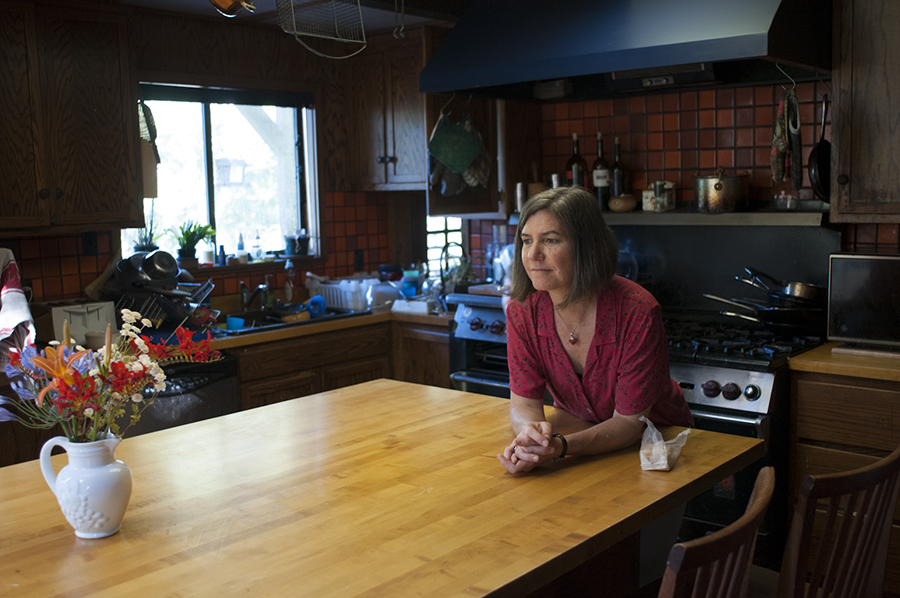The Shoreline Unified School District Board of Trustees voted 3-2 not to provide funds for a first-grade teacher at Inverness School who . . .
Shoreline trustees split over teacher


The Shoreline Unified School District Board of Trustees voted 3-2 not to provide funds for a first-grade teacher at Inverness School who . . .